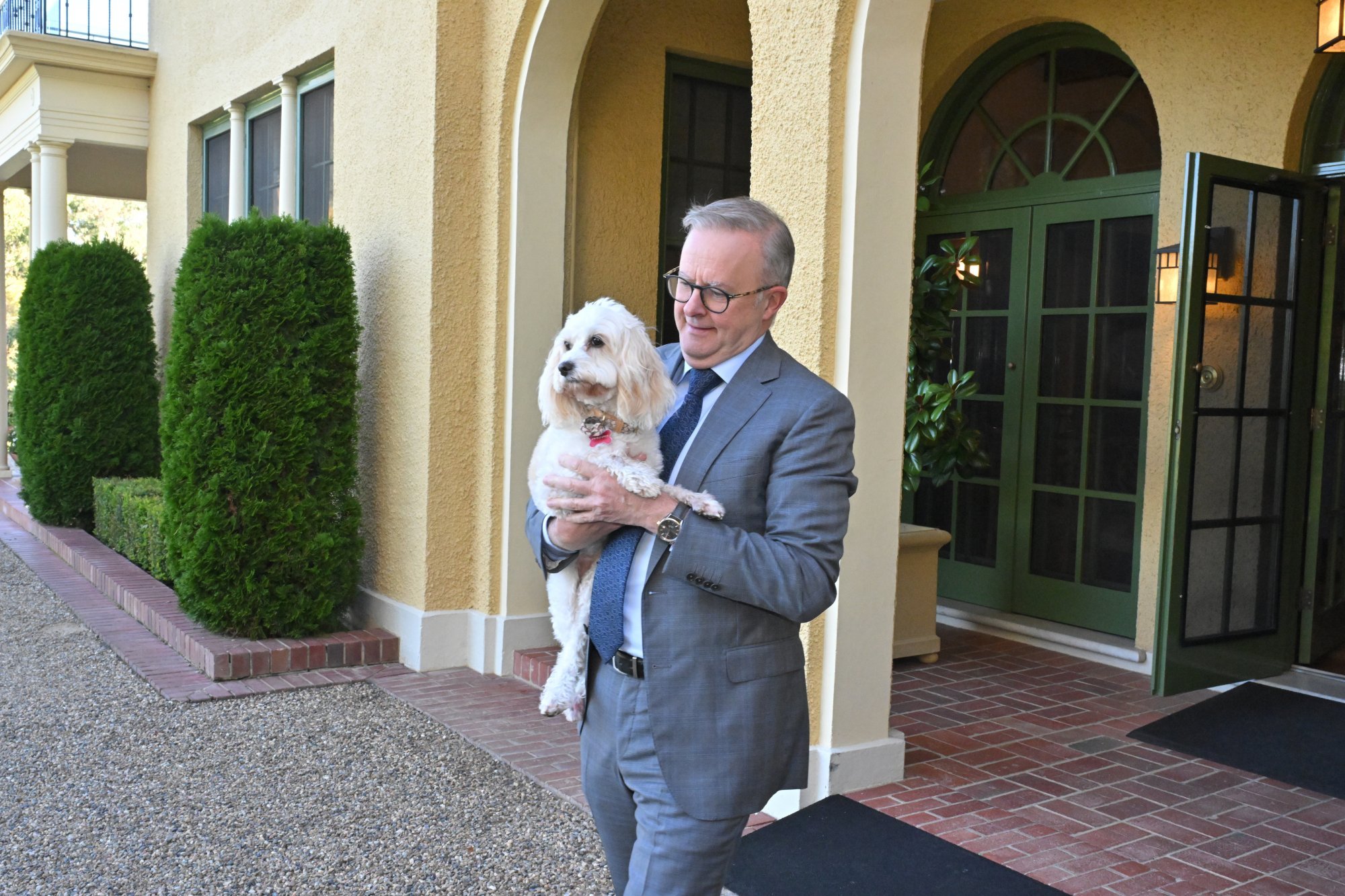A World Trade Organization panel has ruled that some Australian measures against Chinese imports were not in line with its rules.
Canberra’s investigations into dumping and subsidising of railway wheels, stainless steel sinks and wind towers were flawed, the ruling said.
It follows a complaint from China over Australian anti-dumping and anti-subsidy measures three years ago, in the midst of a fierce bilateral political and trade spat.
Do you have questions about the biggest topics and trends from around the world? Get the answers with SCMP Knowledge, our new platform of curated content with explainers, FAQs, analyses and infographics brought to you by our award-winning team.
In all three cases, WTO judges found fault with how Australia conducted its investigation, specifically on how it compared the prices of the goods sold domestically in China and their prices abroad.
The ruling recommends that Australia amend or withdraw the measures, although some have already been resolved as part of a broader thaw in relations between the countries.
Australia announced last week that it would not renew trade remedy measures against imports of Chinese wind towers when they expire in April.
Last April, the countries suspended a WTO dispute over Chinese duties on Australian barley after Beijing decided to remove its 80.5 per cent anti-dumping and countervailing duties on the grain.
Six months later, a panel adjudicating whether China’s duties on Australian wine was also suspended, with the two governments negotiating a “pathway towards resolution of the dispute”.
China to end wine tariffs in ‘coming weeks’, Australia says, as ties improve
As it stands, those duties remain in place, but Chinese Foreign Minister Wang Yi said during a visit to Australia last week that a review of the tariffs was ongoing, with an outcome expected by the end of March.
During Wang’s visit, his Australian counterpart Penny Wong said she hoped that tariffs on beef and a ban on lobster imports would also be lifted and welcomed the removal of previous trade restrictions.
The bans and duties were imposed over a tumultuous couple of years in which geopolitical disagreements bubbled over into a full-blown trade war.
Relations soured after then Australian prime minister Scott Morrison pushed for an investigation into the origins of the coronavirus during discussions with world leaders, including then US president Donald Trump, German chancellor Angela Merkel and French President Emmanuel Macron, in April 2020.

A rapid series of official and unofficial Chinese trade measures soon followed, including bans on meat from some Australian processing plants, log timber from multiple states, coal, and scything duties on wine and barley.
But after the election of Labour Party leader Anthony Albanese in 2022, bilateral ties improved, with a flurry of diplomatic engagement ongoing.
Earlier on Tuesday, China filed a new WTO suit against the United States over what it claims to be “discriminatory subsidy policies” for electric vehicles.
“In the name of ‘coping with climate change’ and ‘low-carbon environmental protection’ the United States introduced the Inflation Reduction Act and its implementation details, using products from specific regions such as the United States as a prerequisite for subsidies, and formulated discriminatory subsidy policies for new energy vehicles, etc, including China,” read a statement posted on the Ministry of Commerce’s website.
China’s US$28 billion overseas EV investment holding a charge despite backlash
It said the exclusion of products from other WTO member states “has distorted fair competition, seriously disrupted the global new energy vehicle industry chain and supply chain, and violated WTO rules such as national treatment and most-favoured-nation treatment”.
The European Union is currently investigating China’s own subsidies in its electric vehicle sector, with pre-disclosure expected in June and provision measures to be announced by July 5 at the latest.
In a notice requiring all electric vehicle imports from China to be registered at EU customs agencies earlier this month, the European Commission said it had “at its disposal sufficient evidence tending to show that imports of the product concerned from the PRC [China] are being subsidised”.
More from South China Morning Post:
- China-Australia reach deal to resolve barley dispute, suspend WTO case, Australian foreign minister Penny Wong says
- Australian PM Albanese to visit China in November to meet Xi Jinping; deal reached to resolve WTO wine dispute
For the latest news from the South China Morning Post download our mobile app. Copyright 2024.





